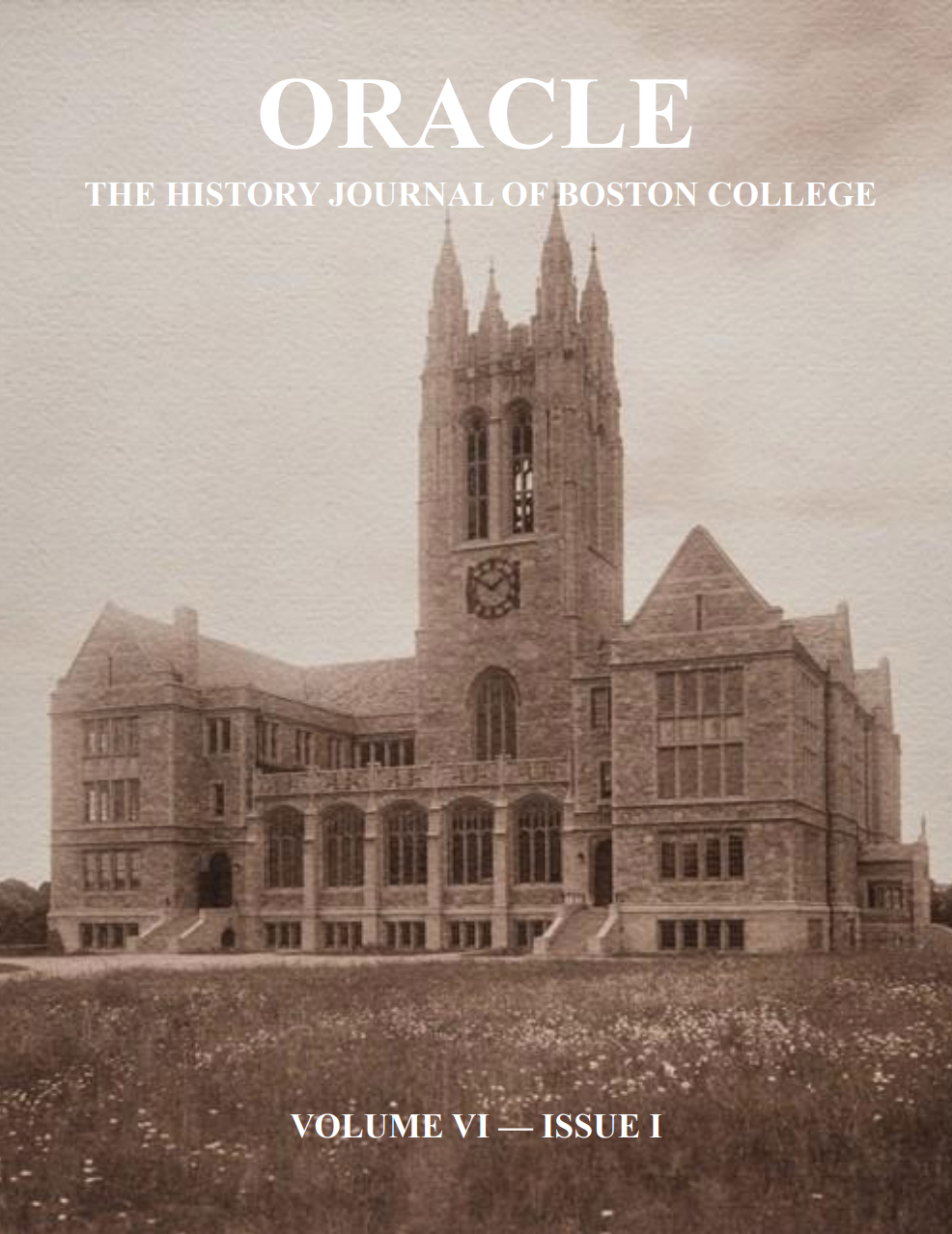Triumphant Typists
Speed Contests and the Legitimization of Women’s Work
Keywords:
typists, women, women's work, speed contest, typewriting, odd women, new women, british history, 19th century, women's movement, typewriting speed contests, female typists, typewriterAbstract
In 1851, a census began circulating which brought to attention the surplus of unmarried, middle class women in Britain. Gender norms of the time held that a woman’s role was to be a mother; work, especially paid work, would degrade a woman and interfere with her sacred role. Yet, with the surfeit of men, there simply were not enough husbands to go around. Consequently, for those Victorian women with no fathers, brothers, or husbands to take care of them, destitution was their fate. Thus began debates about what to do with this so-called “odd woman,” who could neither marry nor enter the workforce without sacrificing her status as a respectable lady. As these unmarried women began to search for jobs, the role of a typist became appealing, since it required little physical effort and was not too contrary to the conservative Victorian notions of a virtuous woman. At the same time, women competed in typewriting speed competitions alongside men. Frequently, they took home gold medals and proved to have superior typing skills. Demonstrating their skills at these contests generated dialogue about what physical and psychological attributes made women more proficient typists than men. Women’s accomplishments in typewriting speed contests and the subsequent debates around their attributes highlight the process of transforming social attitudes that is required for lasting societal change. This paper seeks to demonstrate that by proving their superior typewriting skills in speed contests, these contest winners helped to legitimize their place not only as typists but also in the professional workplace as a whole.


